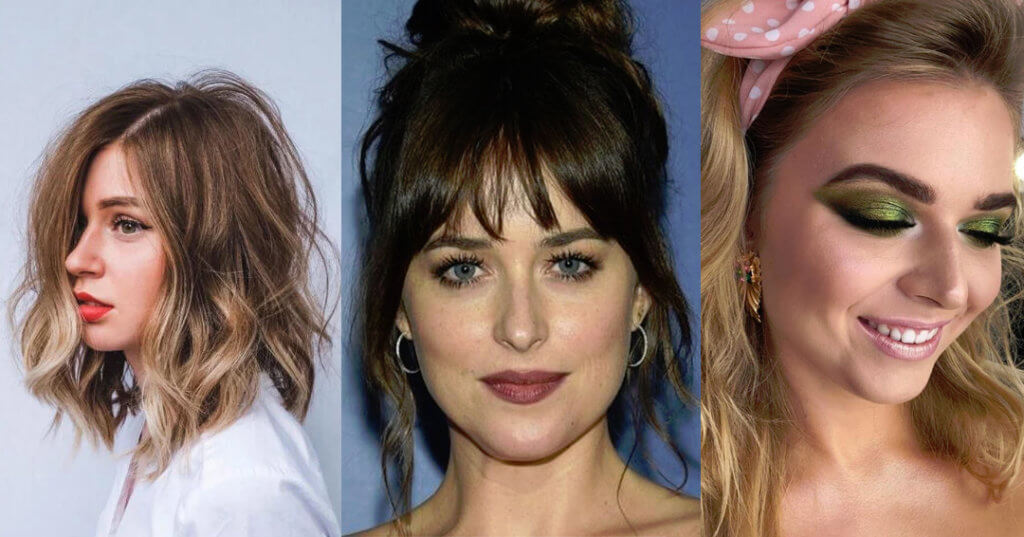This is yet going to be another exciting year in the worlds of beauty and aesthetics.
A Bigger shift towards medical aesthetics
In 2018, it was estimated that 90% of patients weren’t aware that non-surgical treatments like Botox and fillers are prescription-only in the UK. However, people are becoming more diligent about their health, taking more time to do the necessary research surrounding the safety of such treatments.
This includes making sure they’re having them performed by a qualified medical professional. Our society is continuously becoming more health-conscious, thanks to the increased scrutiny of those who offer non-surgical treatments and more prevalent media coverage, which is great news.
Natural & Organic Beauty Products to Soar in Popularity
The natural and organic cosmetics market is expected to reach the $54bn (£42 billion) mark by 2027. This can be partly attributed to the noise made surrounding the environment, the welfare of our planet and us as individuals.
Consumers are also continuing to show a willingness to spend premium rates on their beauty products and for many, this means choosing those that are the least artificial.
There is a distinction between natural and organic (in case you wanted to know!) and it’s as follows: natural means the product is made from 100% naturally-occurring ingredients that contain nothing artificial.
Organic refers to how an ingredient is farmed – it can’t be made using pesticides, antibiotics, growth hormones or chemical-based fertilisers. So if you’re looking to turn to these kinds of products, bear this distinction in mind, as the terms don’t mean the same thing and can often be confused.
More Customised Products
Consumers are increasingly looking for beauty products that are most in-line with their ethnicity, age, skin texture and other factors. They’re looking for products to come in tailored shapes and sizes to suit them as individuals to achieve the most authentic look – after all, is that too much to ask?!
The beauty market is responding accordingly. The decrease in over-photo-shopping images and new approach of working around magazine models’ natural features also means products are marketed to “fit in” with a person’s features.
The main takeaway is that the beauty industry is increasingly focusing on the needs and preferences of individuals rather than imposing universal standards. This change signifies a positive shift towards inclusivity and personal empowerment in beauty and skincare.
Evolution Galore
The beauty and skincare industries are evolving in response to consumer demands for safety, sustainability, and personalization. The growing awareness and preference for professional medical aesthetics, the rise in popularity of natural and organic products, and the trend towards customized beauty solutions reflect a broader societal shift towards health, environmental consciousness, and individuality.
As these trends continue to shape the market, consumers can look forward to a more inclusive, ethical, and personalized approach to beauty and skincare.



1 Comment
This blog is very useful as I did not know the difference between natural and organic. This had made me more aware of the products I will be purchasing in the future!